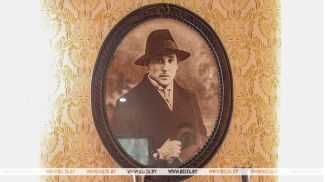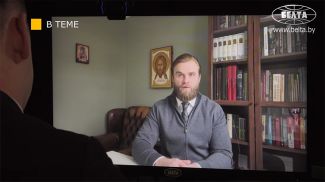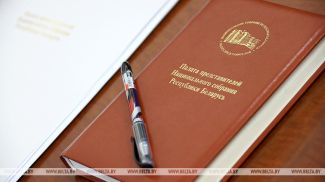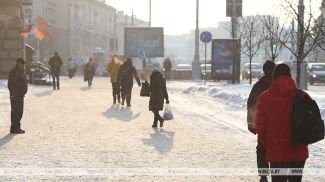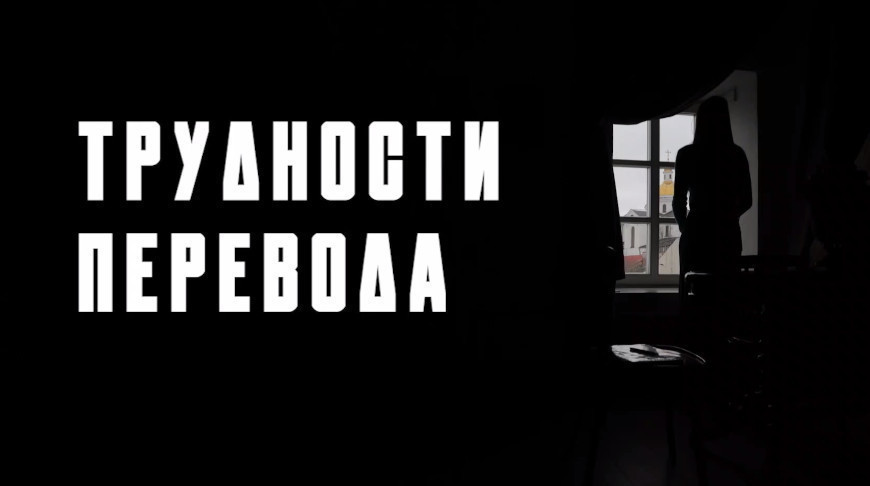
MINSK, 10 April (BelTA) - Belarusians shared their stories of getting education in Europe in the Lost in Translation documentary aired on STV TV channel on 10 April, BelTA has learned.
“Poles showed their negative attitude to Belarusians and Ukrainians.”
Mariya Kharlanova finished school in Belarus in 2020 and moved to Poland to get a major in digital marketing at Lazarski University. At the time of her journey to Poland, the girl was under 18 years old. Mariya was supposed to be met by a girl, whose contacts she did not have. She had only a photo of hers. Before enrollment, the Belarusian had to take a language exam online. She was told that her knowledge of the Polish language was not up to the required level, but compulsory paid classes could help solve the problem.
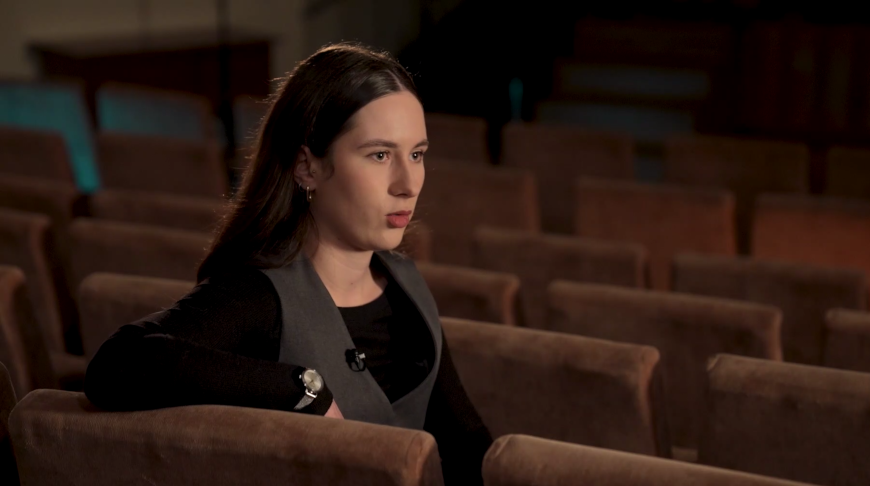
"The attitude of locals represented another problem: the Poles were not very nice towards Belarusians and Ukrainians," said Maria Kharlanova. "It became a bit difficult morally. I started regretting coming there, I felt like I was not welcome there... How could I focus on my studies when these thoughts were eating me up inside all the time?"
After the end of the first semester, Maria encountered problems with an exam. The girl was reassured that she would not be expelled because of this, but after retaking the exam, she would have to pay for an additional course for the subject she failed. "You can do this until you pass the exam," she added.
There were also questions regarding the tuition fee. Maria's parents assumed that the amount they were charged was the tuition fee for the whole year, but it turned out that this amount covered only one semester. Maria's parents "were shocked because they did not have that amount on hand." For a semester and a half, they had to pay about €5,000.
"All of us who speak Russian are seen as Ukrainians by Poles"
Natalya Gavrilenko and her family moved to Poland to make a living. They had to take their child with them, as there was no one to take care of her here. Initially, the family lived in a hostel. Natalya's husband tried to find a job but was deceived. Natalya also had difficulties because she didn’t know Polish laws or the language. Natalya’s daughter found it hard to study at school and experienced bullying there. However, as it later turned out, the situation with bullying could be even worse in other schools.

"All of us who speak Russian are seen as Ukrainians by Poles. They don’t see any differences between Belarusians and Ukrainians," Natalya Gavrilenko noted.
Natalya's daughter was bullied, and her parents couldn’t do anything about it. They tried to complain, but it was useless, as the administration sided with the Polish children. "No one stood up to protect our children," she added.
When it came to choosing university, Natalya wanted her daughter to enter a medical school. It turned out that the tuition cost for one year exceeded €10,000. There were also concerns about the quality of education. According to Natalya, some Ukrainians brought their children back to Ukraine to study there, despite the ongoing conflict in the country.
After some time, Natalya decided to leave Poland and return to her homeland. "I couldn’t find any purpose there. Spending my days watching TV or scrolling on my phone is not for me. But here is my home, all my friends are here," Natalya Gavrilenko explained.
Dishonest employers, no legal work
Anastasia Vashchilko studied Global Politics and Economics at the European Humanities University in Vilnius. In her words, approximately in 2017, the university faced accreditation problems. "According to certain standards, the Lithuanian education system considered that the university wasn’t up to par. When such issues arise, many investors might lose interest in funding you," Anastasia explained, noting that after this her tuition doubled.

The dormitory cost about €70 per month. About the same amount was needed for food. Anastasia noted that she barely made her ends meet and had to buy cheap and low-quality food. Later, the Belarusian got a job, but at first it was impossible to find legal employment. Anastasia worked, among other things, in a hotel and on a farm picking strawberries. Her employers sometimes exploited her illegal status to underpay her.
When the nuclear power plant was under construction in Belarus, Anastasia and other students were invited to a round table where the Belarusian government was criticized for its decision to build it. Anastasia noted that the Lithuanians have their own nuclear power plant, but it is not operational. "It does not meet European standards, and re-equipping it would be very expensive. Maybe they themselves would not mind it [resuming the operation of their nuclear power plant], but it is very costly," she noted.
In the end, Anastasia returned to Belarus, where she got enrolled at a distance learning department of one of universities. "There [in Lithuania] I was not successful, I was mediocre. I lacked some skills," she remarked. "I think I would have been more academically successful here, because I communicate with ease."
“According to the policy, all citizens of Russia and Belarus were marked as high-risk clients”
Daniil Novik studied information management at the University of Hradec Králové in the Czech Republic. According to him, the Czechs treat Ukrainians badly. Daniil said that during taxi rides, drivers complained to him that Ukrainian migrants “are pushing for their rights and the government is hushing everything up”.
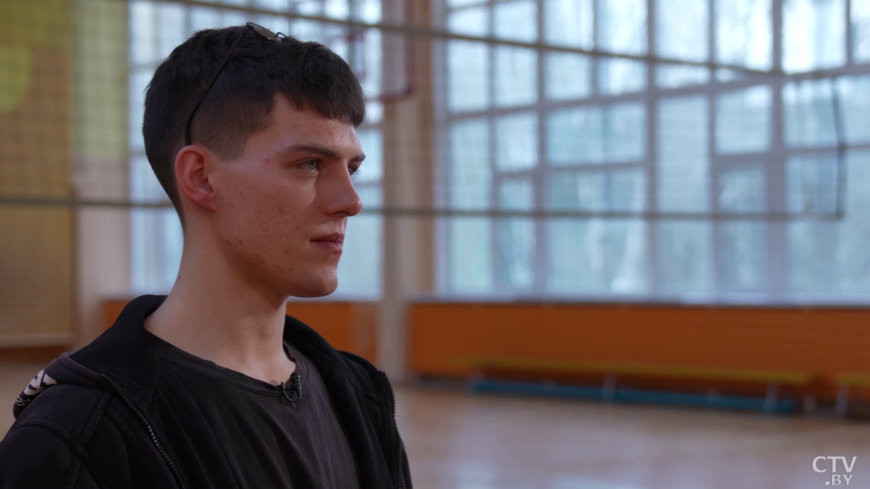
During his first year at university, he had to take up different jobs. Daniil worked as a waiter, a bartender, a cook. As a second-year student he found a job in his specialty at a bank. According to him, Belarusian and Russian nationals are asked to fill in a “form on non-support of terrorism” every three months.
“According to the [bank’s] policy, all citizens of Russia and Belarus were all marked as high-risk clients. Some banks - the biggest ones - refused to open accounts for citizens of Russia and Belarus for some time,” Daniil Novik said.
According to Daniil, he “started breathing again” once he returned to Belarus, since he had lived in the Czech Republic as long as he remembered himself.
Screenshots of the documentary by STV TV channel





